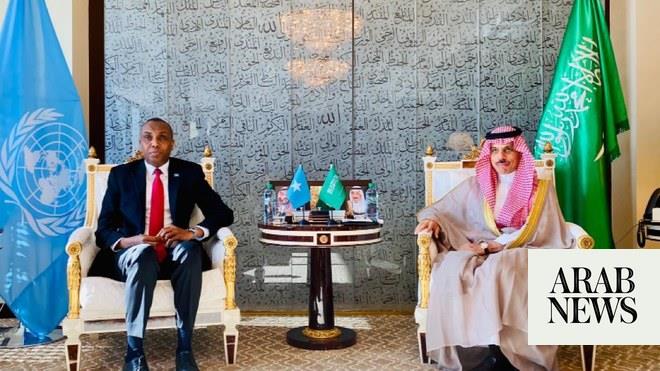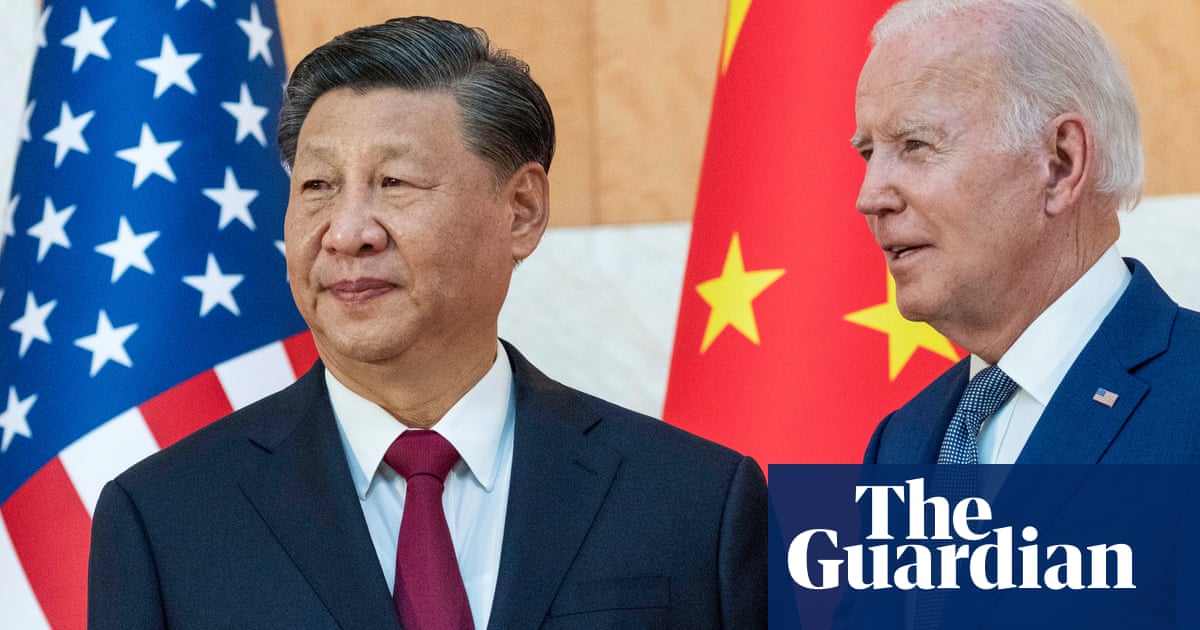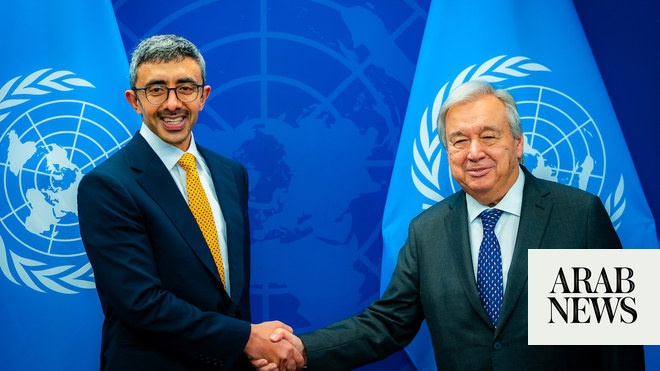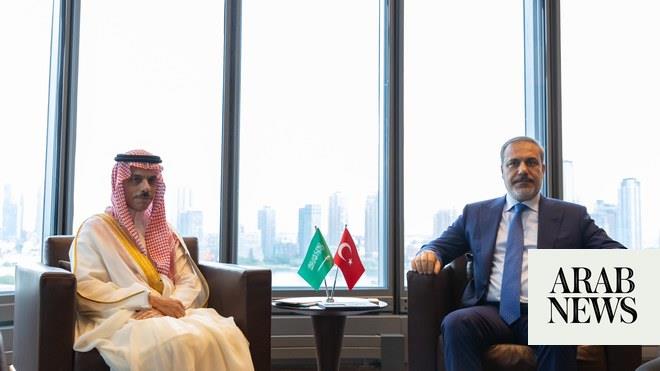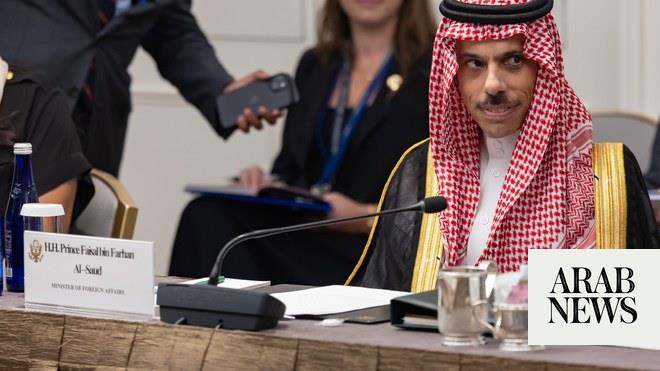
Pakistan and India foreign ministers to hold talks after three years
Move follows PM Khan’s letter to Indian PM Modi proposing a “meaningful dialogue”
NEW DELHI, ISLAMABAD: Signaling a thaw in frosty relations between India and Pakistan, the Indian Ministry of External Affairs (MEA) said on Thursday that foreign ministers from both countries will meet on the sidelines of the UN General Assembly, to be held in New York, next week.
The development, considered a major breakthrough in the stalled relations between the two nuclear-armed neighbors, follows a letter written by Pakistan Prime Minister Imran Khan to his Indian counterpart, Narendra Modi, requesting the resumption of talks on all outstanding issues.
PM Khan, in the letter dated September 14, had proposed a meeting between Indian Foreign Minister Sushma Swaraj and her Pakistani counterpart, Shah Mahmood Qureshi. He said that an informal meeting of the Saarc (South Asian Association of Regional Cooperation), on the sidelines of the UNGA, would be the ideal platform to kickstart the dialogue.
“We have just agreed to the meeting. The agenda is not finalized,” Raveesh Kumar, MEA spokesperson, said during a press briefing, in New Delhi, on Thursday.
“This should not be confused with the resumption of any dialogue; this is just a meeting on the request of Pakistan. This does not indicate any change in our policy as far as our stand on terrorism and cross border terrorism is concerned,” he added.
Earlier on Thursday, Pakistan’s Special Assistant to Prime Minister, Iftikhar Durrani, told Arab News: “We believe in peace with our neighbors and that"s why Prime Minister Imran Khan has urged his Indian counterpart for a dialogue.”
Durrani said that PM Khan acknowledges the fact that “Pakistan remains ready to discuss terrorism” and that the letter was his initiative to restart the negotiation process. He added that the only way forward for the two countries “lies in constructive engagement,” even as both the neighbors had an “undeniably challenging relationship”.
Kashmir-based Indian political analyst, Siddiq Wahid, said he believed “any call for the resumption of talks is very good and should be welcomed.”
But not before he added a caveat. “I am doubtful if Prime Minister Modi can make any conciliatory gesture towards Pakistan considering the current reality of the domestic politics in India and the mood of the Bharatiya Janata Party (BJP) cadres in the country. It seems that for anything substantial to come out between India and Pakistan one will have to wait till 2019, when general elections get over,” Wahid, a scholar on Central Asia and Tibetan history, said.
He underlined the fact that “dialogue between India and Pakistan does not influence the situation in Kashmir much”, even though the outcome of the talks “would be directly proportional to the political climate within Jammu and Kashmir”. “The most important thing is to stop the human rights violations in the valley,” he added.
Ayaz Wazir, a senior Pakistani diplomat, concurs.
Terming PM Khan’s letter as a “good initiative”, he said any issue, including Kashmir, can be resolved through negotiations. “Peaceful resolution of the issues should be the top priority of both governments as this will bring prosperity not only to the people of the two countries but to the entire region as well,” he told Arab News.
In the past, analysts from both sides had suggested that with the Indian general elections slotted for 2019, it may be domestically challenging for the Modi government to make any concessions for Pakistan, considering Modi’s BJP derives considerable electoral support from the more conservative elements of the Indian political spectrum.
Zaigham Khan, an Islamabad-based political analyst, said that both countries should take “extraordinary measures” to build a positive public opinion for talks, arguing that a meaningful dialogue was not possible without strengthening the peace constituency on both sides of the border. “Unfortunately hawks on both sides have always played their role to stall the dialogue process and the leaders of both countries should first devise a strategy to deal with them,” Khan told Arab News.
Adding that talks between Qureshi and Swaraj could pave way for a subsequent meeting between the prime ministers of both countries, PM Khan said in his letter to PM Modi that the summit “will offer an opportunity for you to visit Pakistan and for us to re-start the stalled dialogue process”.
However, MEA spokesman Kumar reasoned that “the atmosphere in the region is not conducive for the Saarc summit”, dispelling expectations of India’s participation in the same.
It was in December 2015 that India had a substantive engagement with Pakistan when Foreign Minister Swaraj had traveled to Islamabad for the Heart of Asia conference.






